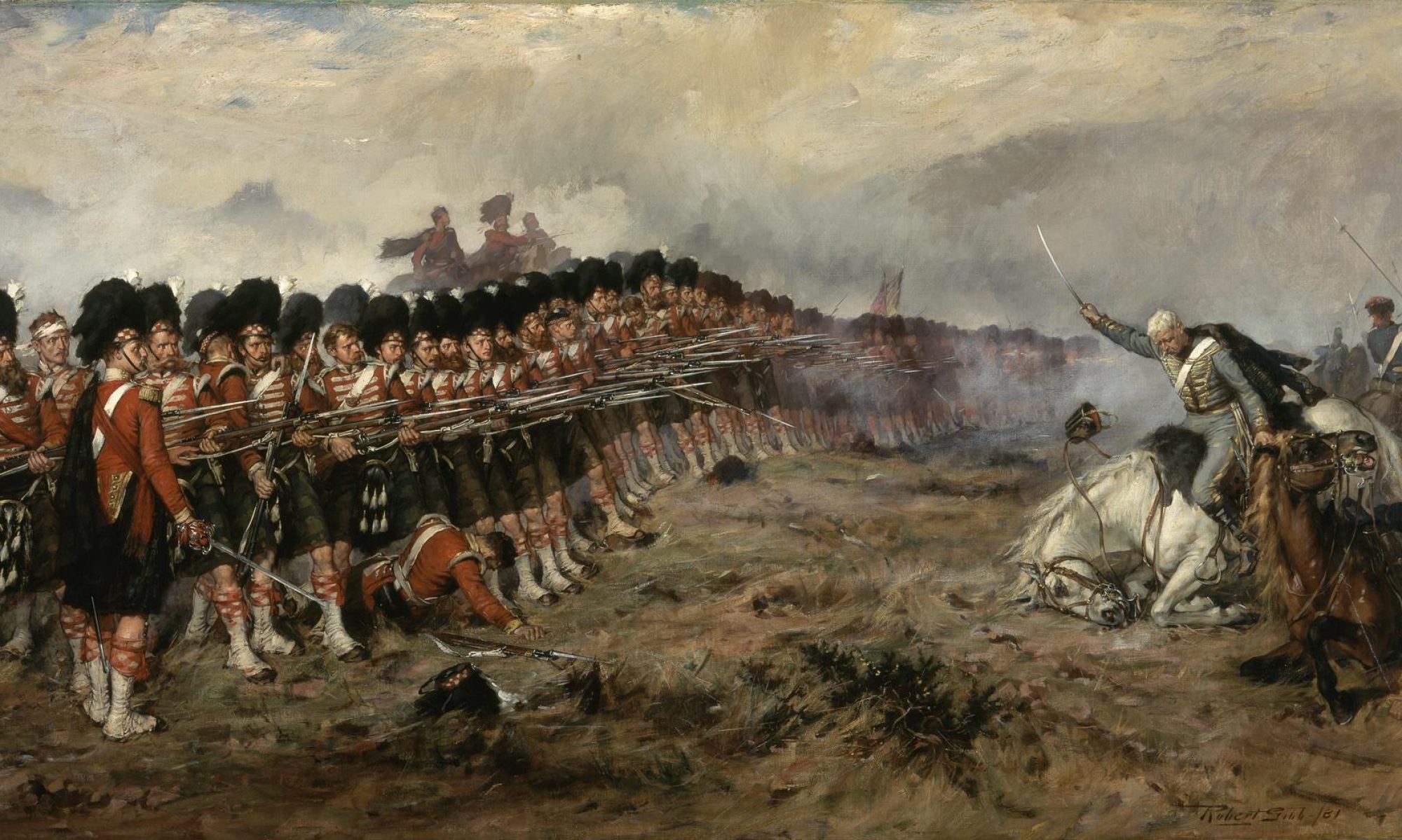
To the Romans, Jesus, known to them as Christus/Christos, was a troublemaker, and his followers were by turns anathema, evil and mischievous.
For it seemed to them a dark form of mischief making to try and reverse the shame of crucifixion, which was in itself also a promotion of Roman power over enemies of the state, and spin it into something to glorify and celebrate.
As the earliest non-Christian accounts of the followers of Jesus attest, Christianity was seen as only slightly less abhorrent than outright rebellion and a slap in the face to the ultimate power of the Roman state.
The first century AD historian, Tacitus minced no words when he wrote that Christians were evil. He felt that the execution of a man that was to him a complete nobody; a man less than an idea, had been necessary to temporarily quash what he termed a dangerous superstition.
‘Christus, from whom the name had its origin, suffered the extreme penalty during the reign of Tiberius at the hands of one of our procurators, Pontius Pilatus,’
[Tacitus, Annales XV].
Many today who would agree, like Tacitus, that belief in Jesus is dangerous superstition, forget that Tacitus too believed in an unseen realm, controlled by forces beyond the reach of man.
Why then did the likes of Tacitus, declare the beliefs of Christians to be dangerous, evil and despised? Well I think, Tom Holland is correct in his hypothesis in Dominion that to the Romans, crucifixion represented not only the death of a rebel; painful and excruciating and a shameful way to die, but it was essentially to turn the condemned person into a pawn of the state, a temporarily live exhibition of Roman power.
Thus to glory in a crucifixion was to them incomprehensible, and to deify one who had undergone the most shameful and degrading of public deaths was to spit at Roman power and authority.
Disdain for Christianity’s apparent devotion to the crucified Christos was not restricted to historians like Tacitus, but also to statesmen and lawyers like Pliny the Younger, governor of Pontus/Bithynia from 111-113 AD.
It fell to Pliny to suppress Christianity in his province and wrote a famous letter to the emperor Trajan asking if his procedures for trying denounced as Christians were acceptable.
The majority of people could simply avoid punishment for defiance of the edict banning Christian worship by swearing to the gods of Rome, the deified emperor and offering wine to his image etc, however Pliny felt he had to question further some who said they had stopped being Christians after the promulgation of the edict.
‘Accordingly, I judged it all the more necessary to find out what the truth was by torturing two female slaves who were called deaconesses. But I discovered nothing else but depraved, excessive superstition … the matter seemed to me to warrant consulting you, especially because of the number involved. For many persons of every age, every rank, and also of both sexes are and will be endangered. For the contagion of this superstition has spread not only to the cities but also to the villages and farms.’
[http://faculty.georgetown.edu/jod/texts/pliny.html ]
The ordinary people, especially in Rome, so it seems, were no less disdainful of the apparent absurdity of revering not only the victim of crucifixion but the cross itself as if it was the throne of a king.
A graffito found on the Palatine Hill in Rome, of uncertain date, (with estimates ranging from the 1st to the 3rd centuries AD,) mockingly caricatured a figure gesturing at cross that bears a man with the head of an ass, with the words scratched in Greek reading: ‘Alexamenos respects god.’

The words of the 1st Century AD Historian Suetonius in his lives of the Caesars are firm on the matter of the legislation enacted under Nero, for amongst the many laws he says the emperor created was that:
‘Punishment was inflicted on the Christians, a class of men given to a new and mischievous superstition,’
Suetonius, Life of Nero.
and in his book on Claudius, he informed his readers that the emperor, hearing that:
‘the Jews constantly made disturbances at the instigation of Chrestus [presumed to be a mishearing of Christos], he expelled them from Rome.’
Suetonius, Life of Claudius.
To return to Tacitus, (reporting that Nero had blamed the Christians for the Great Fire of Rome,) who like Suetonius found the Christian ’superstition’ in Jesus to be ‘mischievous’ but also an abomination, continued that after the death of Christ, the movement:
‘thus checked for the moment, again broke out not only in Judæa, the first source of the evil, but even in Rome, where all things hideous and shameful from every part of the world find their centre and become popular. Accordingly, an arrest was first made of all who pleaded guilty; then, upon their information, an immense multitude was convicted, not so much of the crime of firing the city, as of hatred against mankind.’
Tacitus, Annals.
Happy Easter everyone.
Josh.


You must be logged in to post a comment.